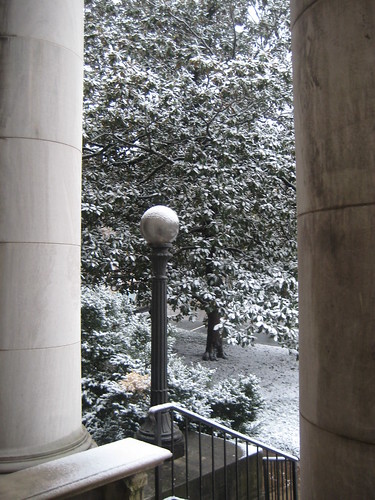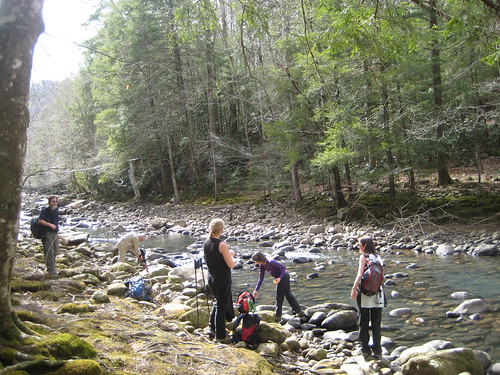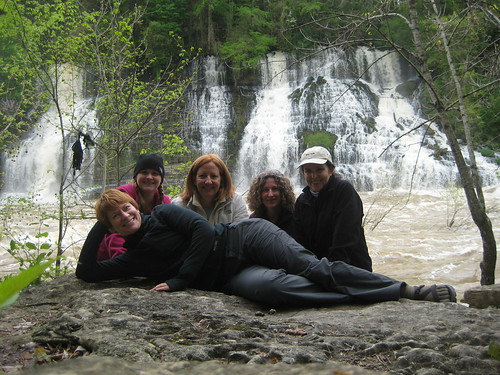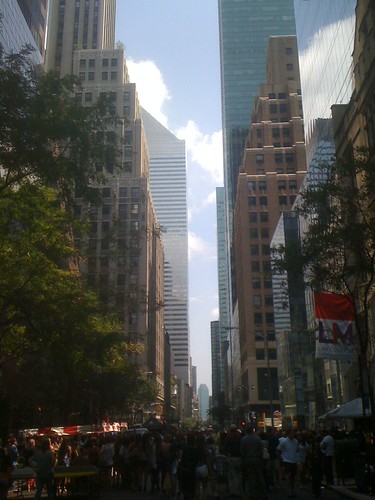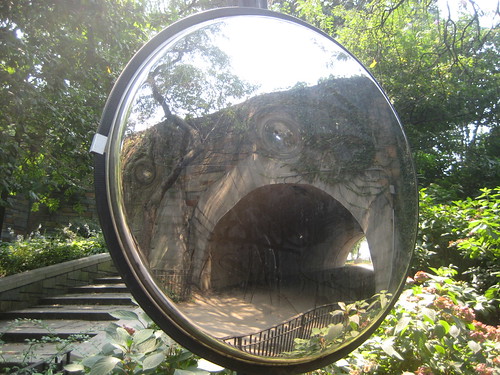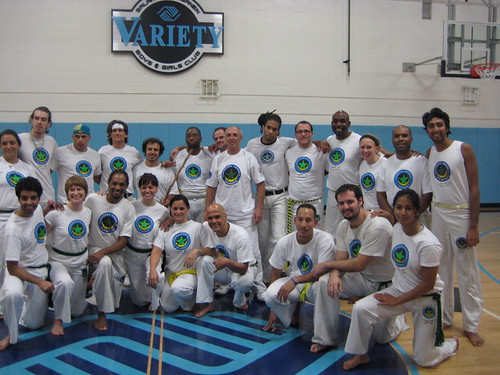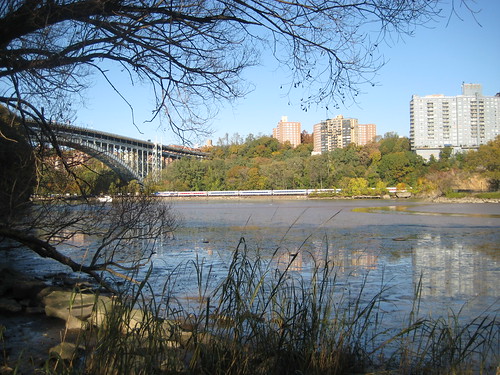- Individual vs. team
(Weightlifting vs. rowing) - Direct competition vs. parallel competition vs. non-simultaneous scoring
(Judo vs. track vs. ice skating) - Professional leagues vs. totally amateur
(Basketball vs. fencing) - Winter vs. summer
(Skiing vs. rowing) - Wide vs. narrow sponsorships
(Cycling vs. biathlon) - Spectated for artistry vs. spectated for outcome (vs. no spectators?)
(Gymnastics vs. triathlon) - Everyday familiarity vs. "If it's on it must be the Olympics"
(Golf vs. pentathlon) - Athletes earn money by doing sport vs. teaching sport vs. sponsorships vs. being heirs vs. working at Home Depot
(Football vs. judo vs. swimming vs. dressage vs. luge) - Sports Americans make fun of vs. those they don't
(Table tennis vs. ice hockey) - Sports that involve sitting vs. those that don't
(Bobsleigh vs. archery) - Ranged from least to most equipment
(Running to sailing)
I imagine running would have to be up there. It's popular all over the world; it's relatively affordable; and you can't make a living doing it any other way, so the Olympics are where every serious young runner is headed. Something like basketball is popular and almost as affordable, plus you can make a living at it, so it's popular - although the would-be players aren't in it for Olympic glory but for professional teams.
The thing about running, rather like golf or shooting or weightlifting, is that lots of people do these activities, but the vast majority do so without aspiring to Olympic heights. We can't consider 45-year-old 5k first-timers to be part of the would-be Olympic runner's competition. On the other hand, I bet most 8-year-old gymnasts have at least fleeting dreams of Olympic gold, and there aren't a lot of folks who take it up at my age.
I'm guessing something like pentathlon has fewer aspirants, because it requires mastery of several disparate, expensive sports. Other sports, like trampoline, are obscure. Then there are sports like the luge - does anyone who isn't in the Olympics do them? Are there a lot of weekend lugers out there, other than as a one-time experience when visiting Calgary?
Really, what I guess I am wondering is, if everyone on the planet started trying to excel at [any particular sport], how much would elite performance improve? I don't think there is a great well of untapped running talent out there, the way there probably is in badminton.
It's not a question that matters, nor do I think it means that running is somehow "better" than badminton. It's pure idle speculation. How would we even go about figuring this out in a rigorous way?
